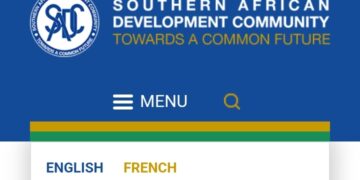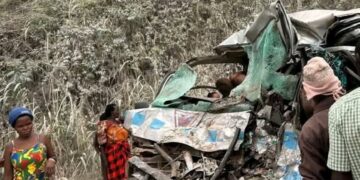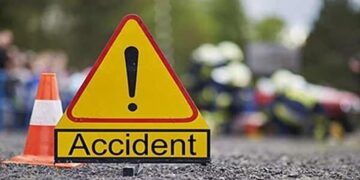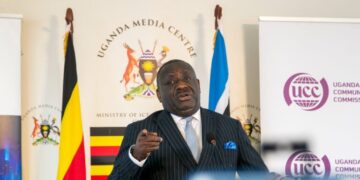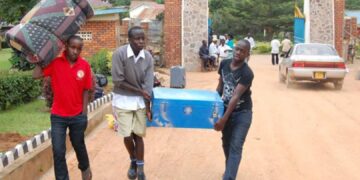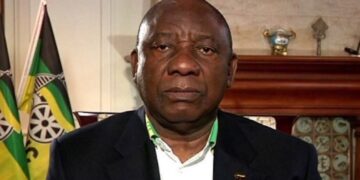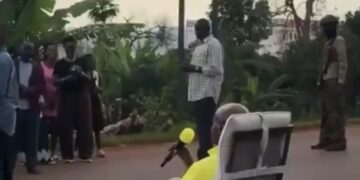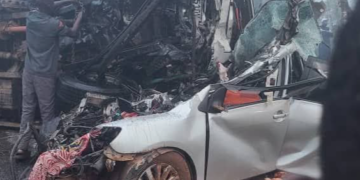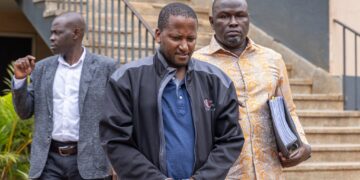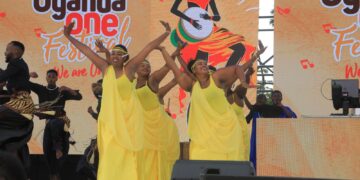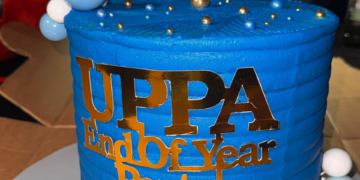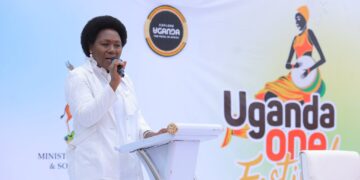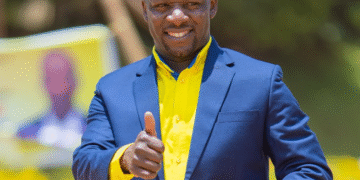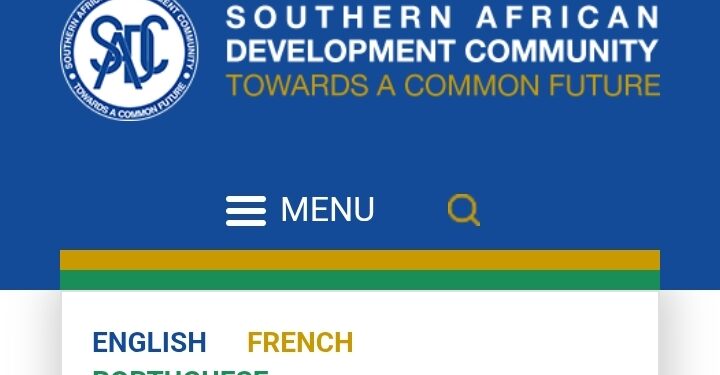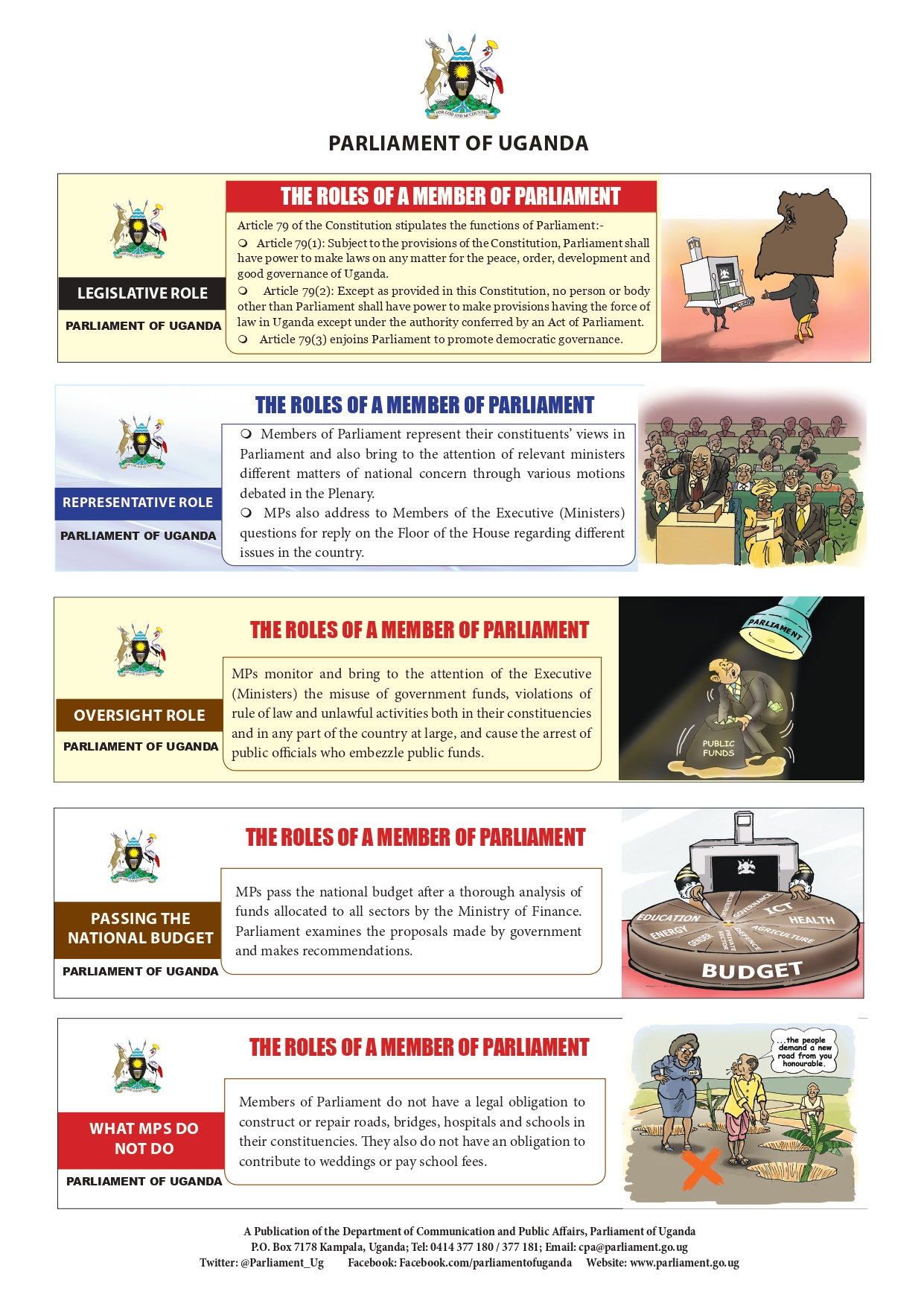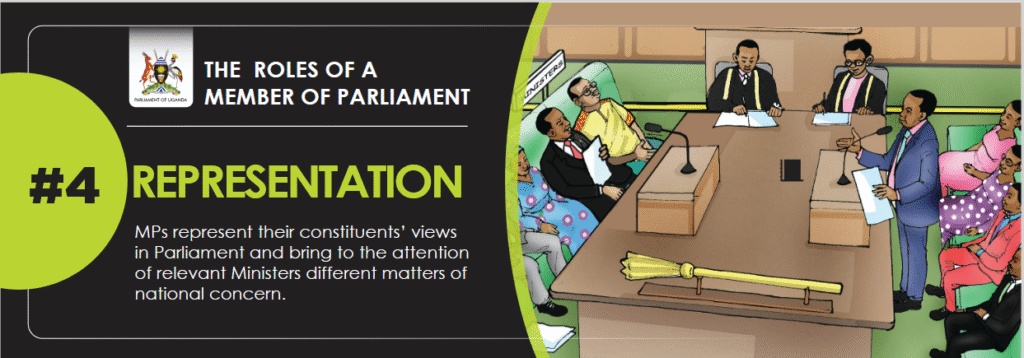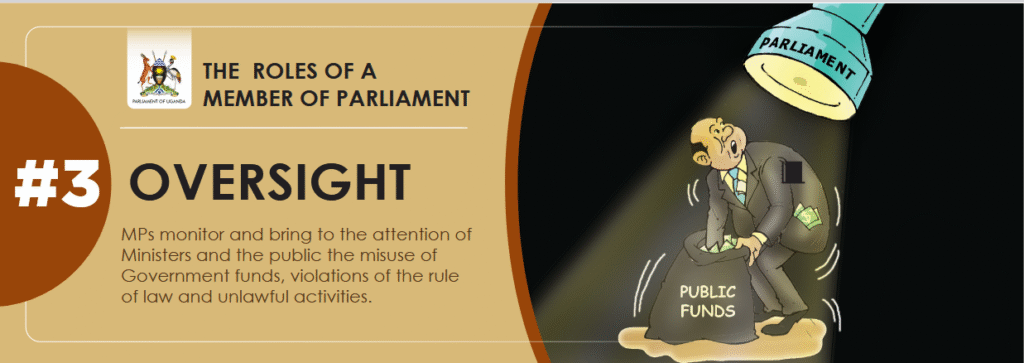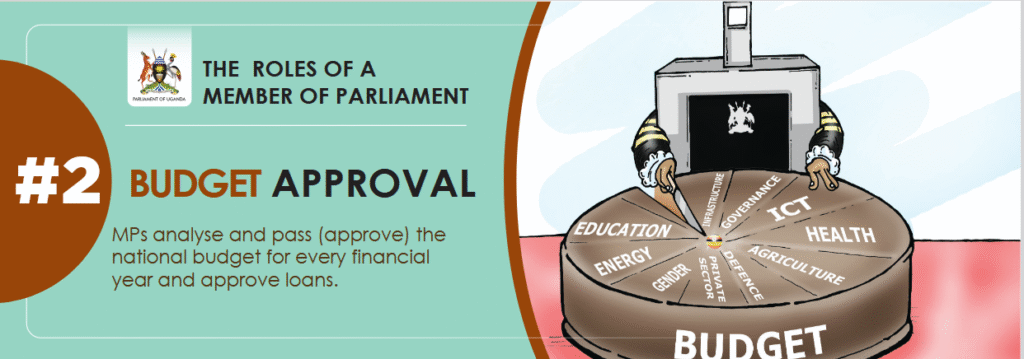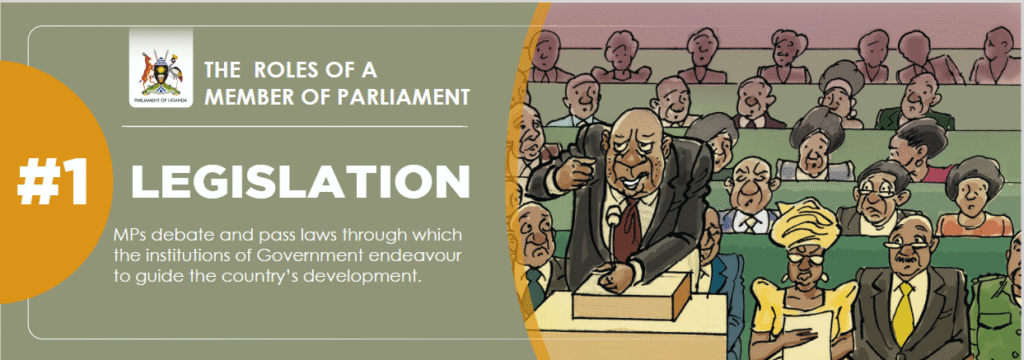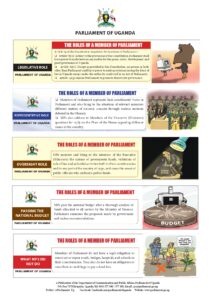DAR ES SALAAM, TANZANIA October 3 2025 — The Southern African Development Community Electoral Observation Mission (SEOM) today delivered a scathing preliminary assessment of Tanzania’s 2025 General Election, concluding that the polls “fell short of the requirements” of regional democratic guidelines and that, in most areas, “voters could not express their democratic will.” The statement, delivered by SEOM Head and former Speaker of Malawi’s Parliament Richard Msowoya, detailed numerous issues that plagued the pre-election, election day, and post-election periods, citing a severely uneven playing field, judicial restrictions, and security concerns.
The election was largely regarded as a no contest after the two largest opposition parties were disqualified from participating, and the incumbent Samia Suluhu was left to run again weak candidates. The polling period was also marred by massive violence as security clashed with protesters and the results which showed that Suluhu won with 97.6percent of the vote are disputed by the opposition parties as fraudulent.
Security, Suppression, and Uneven Playing Field
SEOM observers noted that while the pre-election period was generally calm, this peace “belies covert acts of general intimidation of the population and opposition political parties.”
Key findings highlighted by the mission include:
Targeted Arrests: Stakeholders cited the detention and trial of opposition leader Tundu Lissu of Chama cha Demokrasia na Maendeleo (CHADEMA) on treason charges, as well as the disqualification of other opposition candidates, which was seen as undermining the country’s multi-party system.
Intimidation: Reports of alleged abductions of political activists contributed to a “tense and intimidating political atmosphere.”
Media Restrictions: The mission observed that state-owned media predominantly covered the ruling party’s activities. Furthermore, private media outlets reportedly engaged in self-censorship due to fear of losing their licenses, resulting in a more restricted media space compared to previous elections.
Election Day Chaos and Internet Shutdown
The most critical failures were observed on election day itself. The SEOM confirmed a complete internet shutdown around midday, which severely impacted the mission’s ability to observe and generate data on the crucial closing and counting processes.
Other notable observations from the polling stations included:
Low Turnout and election fraud: The mission noted a “very low voter turnout in all polling stations observed.” Observers also reported seeing multiple, orderly stacked ballots in ballot boxes during voting in some locations, which “created a perception of ballot stuffing, and an impression that individual(s) cast more than one vote at a time with the intention to cheat the election system.”
Incidents of Violence: In their reports, SEOM teams also reported “incidents of violence where members of the police were firing arms” in regions including Mbeya, Dodoma, Arusha, and Dar Es Salaam towards the closure of voting.
Legal System Challenged
The preliminary statement strongly critiqued Tanzania’s constitutional framework, noting that current laws restrict fundamental aspects of electoral justice. Specifically, the mission highlighted Article 41(7) of the Constitution, which effectively bars any court from having jurisdiction to inquire into the results of a presidential election.
The mission also raised concerns about Article 74(12), which restricts judicial review of decisions made by the Electoral Commission, limiting transparency and accountability over the process.
SADC Issues Call for Constitutional Reform
In its recommendations, the SEOM urged the Government and the National Assembly to prioritize an inclusive constitutional review to align with SADC’s democratic principles. The mission called for: Amending the Constitution to permit election petitions related to the presidential election.
SADC also recommended allowing for judicial review of decisions made by the electoral management bodies, and creating an enabling environment for independent political candidates, who are currently restricted from running for Presidential, Parliamentary, or Local Government elections.
The mission, however, urged all citizens to channel their concerns through established legal procedures and processes and “not resort to violence or threats thereof.” A final, comprehensive report is expected within 30 days.
